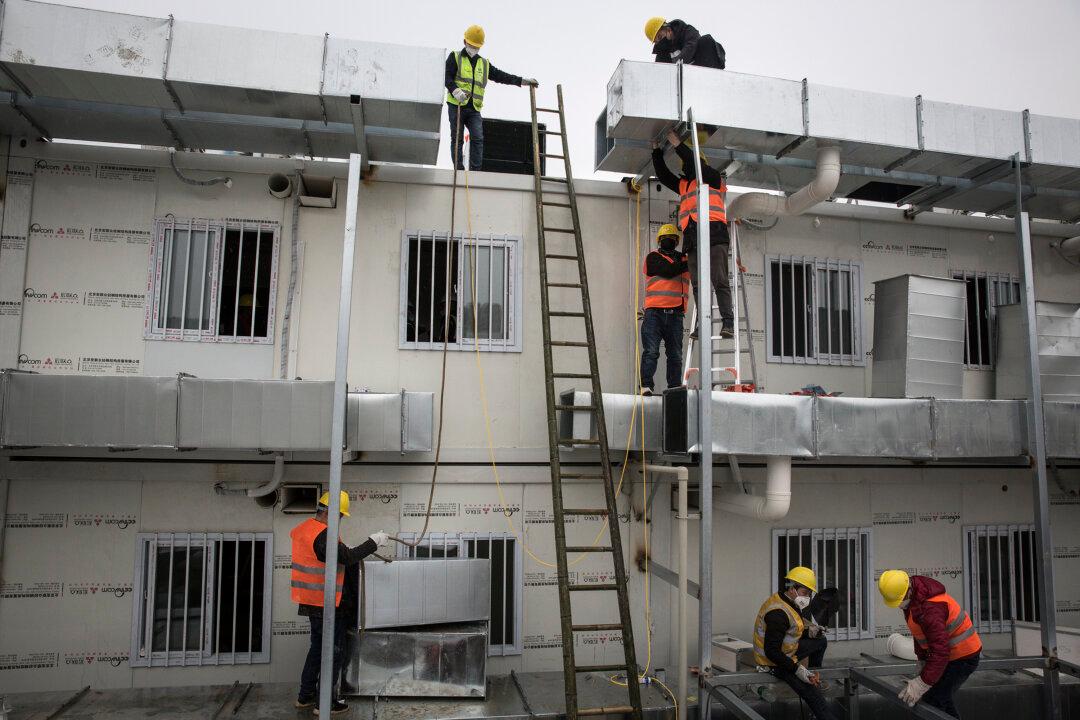What is the solution to the achievement gap in public schools? A school diversity panel in New York City has come up with an answer: eliminate screenings in schools. But the plan aiming to address racial inequality is facing backlash from some, who say targeting high-performing schools is not addressing the root problem.
The report (pdf), released on August 27 by NYC School Diversity Advisory Group, suggests the City get rid of academic screening in elementary, middle and high schools, saying that selective schools have disproportionately more White and Asian students.




